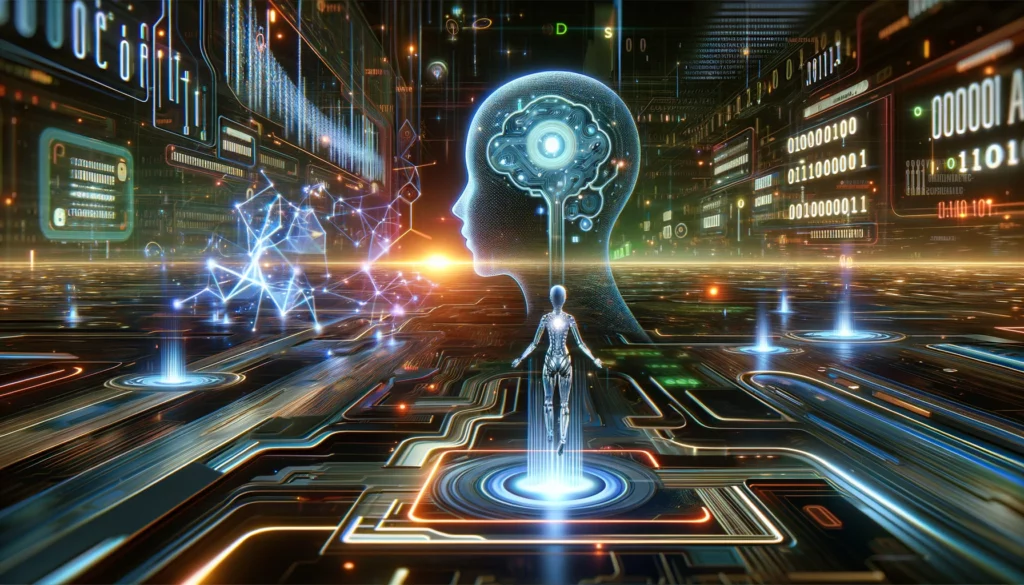
OpenAI has unveiled the launch of a trial for ChatGPT Memory, an innovative feature designed to retain previous conversations in order to understand user preferences, recall styles, tones, and formatting preferences.
Over time, ChatGPT progressively enhances its capabilities by leveraging this stored knowledge across all interactions, eliminating the need for users to repeat instructions.
This new functionality is currently being introduced as a limited release to select ChatGPT free and Plus users for testing and soliciting feedback. There are intentions to broaden the availability of this feature to more users in the future.
Memories are stored separately from chat histories, enabling them to be accessed and utilized in subsequent chat sessions.
Users Control Memory
Users have the flexibility to activate the memory feature selectively by instructing it to remember certain details. Likewise, they can specify which particulars or instructions to forget. Management of memory is facilitated through the settings panel, where users can delete specific memories or disable the feature altogether. Additionally, there is an option to wipe out all stored memories completely.
Access to these settings is conveniently located at Settings > Personalization > Memory.
How To Use ChatGPT Memory
OpenAI provided illustrative scenarios demonstrating how to leverage the feature:
- “You’ve specified a preference for meeting notes to include headlines, bullet points, and action items summarized at the end. ChatGPT recalls this and structures meeting summaries accordingly.”
- “You’ve informed ChatGPT about your ownership of a neighborhood coffee shop. When generating ideas for social media posts celebrating a new location, ChatGPT starts with relevant suggestions.”
- “You mention that your toddler has a fondness for jellyfish. When seeking assistance from ChatGPT in crafting her birthday card, it proposes a design featuring a jellyfish adorned with a party hat.”
- “As a kindergarten teacher overseeing 25 students, you favor 50-minute lessons followed by engaging activities. ChatGPT retains this information to assist in the creation of lesson plans tailored to your preferences.”
Memory May Be Used For Training
OpenAI has advised that the content provided to ChatGPT, including memories, may be utilized for training purposes. However, users have the option to disable this functionality in Data Controls. By default, no data is utilized for training, although this exemption does not extend to ChatGPT Team and Enterprise customers.
Another method to manage ChatGPT memory is through the use of temporary chats, which bypass the memory feature. Users can activate temporary chats via the GPT version control at the top of the chat page.
As explained by OpenAI’s temporary chat feature:
“With Temporary Chat, you can engage in a conversation with a clean slate. ChatGPT will not retain awareness of previous conversations or access memories. Nevertheless, it will still adhere to any custom instructions you have enabled.”
Original news from SearchEngineJournal
